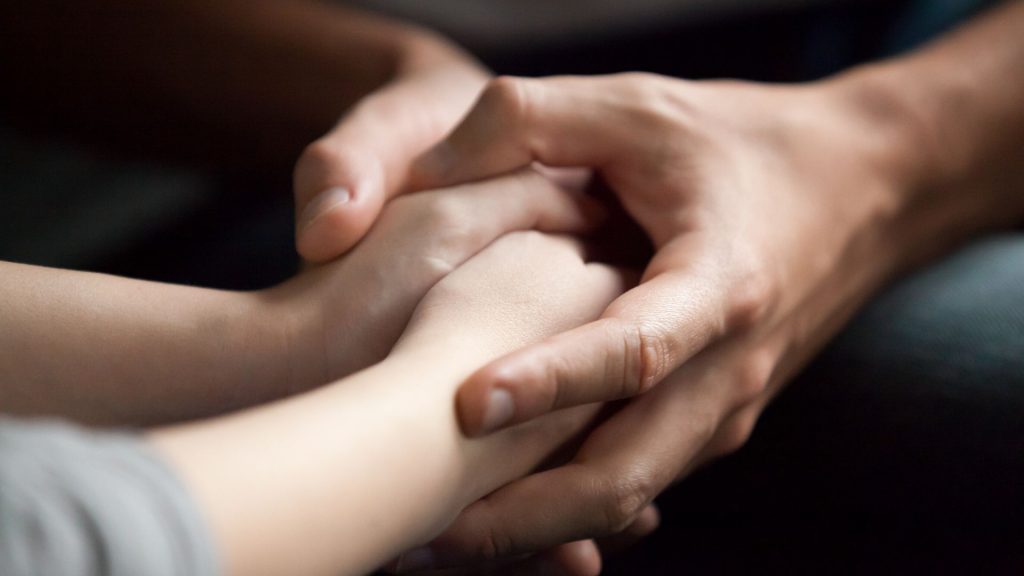Why do our core beliefs developed from childhood so hardwired?

A client of mine strongly believed that she’s unlovable and unworthy frequently felt upset when others are not paying attention to her or are omitting her for gatherings. She tended to pick up minor cues that triggered her negative thoughts about others are disliking her or isolating her. For instance, when her colleagues told her that they had their own lunch gathering, she felt isolated and worried that they intentionally obstracised her. When her friends asked her to do things for them, she would sacrifice her time and effort in order to please them, even deep down she did not want to do so. In fact, she believed that she did not deserve the respect, love and care from her friends, so that she had difficulty to say no most of the time. On the other hand, she discounted her positive qualities and strengths that should be treasured by others in her life. Why are her core beliefs of being unlovable and unworthy so hardwired?
Our beliefs about ourselves, others and the world are developed throughout our childhood from our interactions with our significant others, usually our major carers. These beliefs developed through repeated thought patterns that are validated internally and externally. That is, if our parents consistently criticized us for being ugly in our childhood, we would develop a belief that we were ugly thought repeated validation from them. What’s more, we also repeated these thoughts in our mind throughout our lives. For example, when we had a belief that we are stupid and we failed an exam, we tended to confirm our belief and ignore others contradicting evidence. If we repeatedly filtered our world with our negative believes, these believes become stronger and stronger through our confirmation. To say it in simple terms, the more we think in a certain way about ourselves, others or our world, the stronger we believe in it.
When a belief is formed, we tended to find evidence to confirm it and ignore evidence that counter it. This is one of the common cognitive biases for human being, the confirmation bias. For instance, when a salesperson lost a client in a deal, he or she would automatically think that one was inadequate if one had a core belief about being an inadequate person. This salesperson would, however, discard or ignore other counter evidence, such as another client bought the product with satisfaction. Even when he or she successfully made a deal, one would see it as something happened by luck or chance. He or she would discount his or her good selling techniques and adequate product knowledges.
Furthermore, human beings also universally pay more attention to negative information about ourselves, others and the world. This is called negativity bias. We tended to prioritize our focus on negative information than on positive ones. This can explain why there is so few positive news reported in the media because people tended to be more interested in negative news. When we read a glorifying review of a pop start, we might be more forgetful of this piece of information. We tended to memorise more deeply when we read about a pop star commiting crimes or having extra-marital affairs. One of the reasons for this is for our survival. We are hardwired to pay attention to negative information due to our need to prepare for fight-or-flight responses in the face of threat. In our childhood, we also pay more attention to the criticism given to us by our carers due to our total dependence on them.
Everyone of us has developed some core beliefs about ourselves, others and the world. These beliefs are our tinted lens for us to perceive ourselves and the external world. Even though it might not be possible for us to totally get rid of such biases, we need to learn to be more aware of our beliefs that are affecting our perception and our lives.



